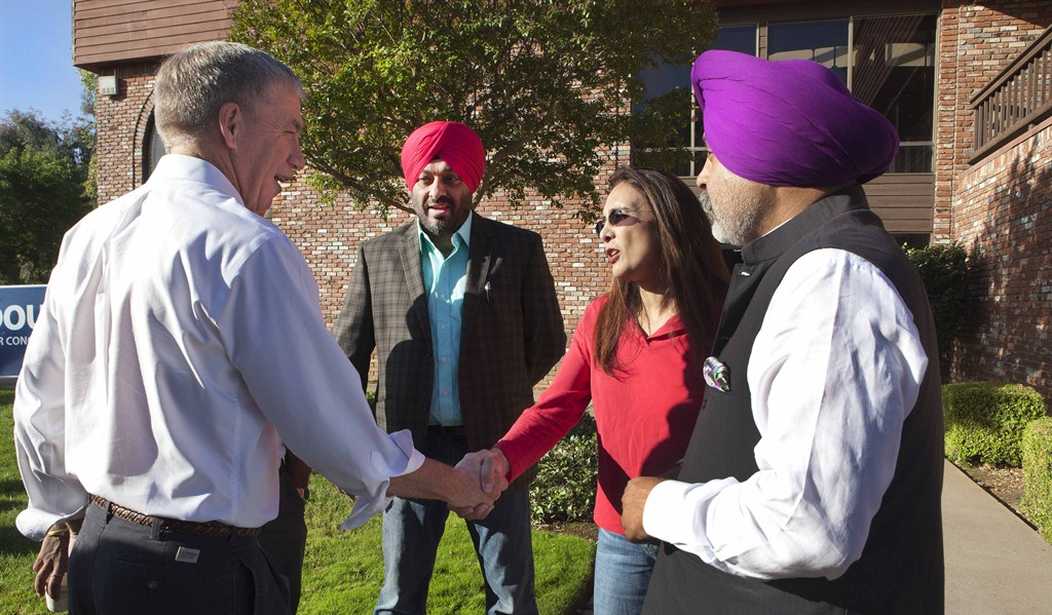The Democrats are enthusiastically embracing a new voter outreach strategy. It’s called “paid relational organizing,” and it involves paying activists to talk to their friends, family members, and neighbors to convince them that Joe Biden and the Democrats are exactly what the United States of America needs in these troubled times.
As NROs Charles Cooke points out, this strategy may end up getting a lot of Republicans elected.
Granted, I am not an expert in voter turnout. But my instinct is that the Democrats should not do this. In my experience, the last thing any normal human being wants is to be talked at enthusiastically about progressive politics by the sort of people who like talking about progressive politics. In fact, I would go so far as to say that, if the Democrats want to do okay in 2022, they should probably be paying the sort of people who are likely to volunteer for this task to stay quiet between now and November 8 — or even to leave the country for a while.
If you think about it, the strategy gets even more ludicrous. People tend to grow up or hang out with others who usually share their outlook on politics. Indeed, there aren’t too many friends anymore who don’t see eye to eye on politics. Most of us have lost friends over our support for one candidate or cause or another.
That leaves neighbors as the target audience. I can guarantee that if one my neighbors knocked on my door to tell me that Joe Biden is the bee’s knees, homicide detectives would be knocking a short time later.
Jehovah’s Witnesses, Mormons, vacuum cleaner salesmen — it doesn’t matter who they are or what they’re selling, I not only don’t want to hear it, but I would take a decidedly dim view of any religion or ideology that was being sold by some overly enthusiastic true believer.
In particular, the Ossoff team hired 2,800 Georgians, specifically targeting those with little or no voting history themselves to do this outreach to their own networks. The campaign was making a bet that many of the friends and family of their highly political volunteers were already engaged in the runoff election, but that this group could expand the electorate with relational outreach into their networks — which were likely to include more irregular voters or non-voters like them. The campaign folded this data into their vast field program, tracking conversations and whether those contacted had voted. They could even notify organizers, based on their own network, which voters were tagged as “only reachable by you.”
A post-election analysis found their efforts boosted turnout by an estimated 3.8 percent among the 160,000 voters targeted through their relational program. Ossoff and now-Sen. Raphael Warnock (D-Ga.) won by 1.2 points and 2.1 points respectively, flipping the state and the Senate to Democrats.
Several qualifiers make that strategy a non-starter for the midterms. There was intense national scrutiny on that one Georgia election, where today there are not only races in all 50 states for Congress this November, there are Senate races, governor’s races, state legislative races, etc. Without that national attention, how motivated will the parties be?
Also, it’s very difficult to “create” enthusiasm where none exists. Georgia Democrats were energized by the unique factors in those two Senate races. The same will not be said for the overwhelming majority of Democrats in 2022.
Related: Georgia’s Historic Legislative Session Brought Important Conservative Victories
In the end, Cooke’s observation holds true. Those activists are either already preaching to the choir (friends and family) or hitting a brick wall (neighbors). As far as annoying neighbors with the activist’s zeal and ardor, it may even convince some voters to pull the lever for Republicans.










Join the conversation as a VIP Member